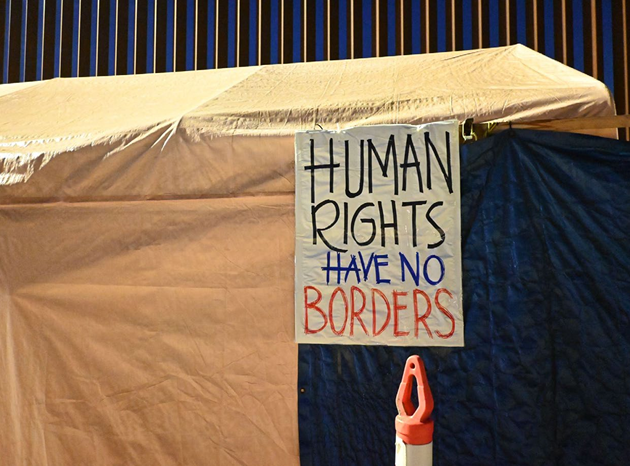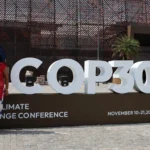QUNO’s Sustainable and Just Economic Systems programme, in partnership with Eunomia Research & Consulting Ltd., has published the Phase 1 Report of their project titled Plastic Money: Turning Off the Subsidies Tap. This report represents a crucial step in uncovering the extensive subsidies received by the primary plastics polymer (PPP) production industry, a sector that plays a pivotal role in global plastic pollution.
The report focuses on the subsidies provided to the most energy-intensive segment of the plastics production chain, from the processing of raw materials to the production of basic resins and their extrusion into plastic pellets. The study reveals that these subsidies are substantial, amounting to approximately USD 30 billion annually across the top 15 polymer-producing countries.
This work is critical as it fills significant data gaps and provides a foundation for informed policy discussions at the Intergovernmental Negotiating Committee (INC) on Plastic Pollution, which is tasked with developing a legally binding global treaty to end plastic pollution. The findings highlight the urgent need for better transparency and tracking of subsidies at both national and international levels.
Supported by Dalberg Catalyst through grant funding from The Rockefeller Foundation, this collaborative effort between QUNO and Eunomia serves as a vital resource for stakeholders aiming to understand and reform the economic drivers of plastic production. The Phase 1 Report is just the beginning, with future phases planned to refine these findings, project future subsidy trends, and model the potential impacts of subsidy reforms on plastic production, trade, and environmental outcomes.
Discaimer: The findings and conclusions contained within are those of the authors and do not necessarily reflect positions or policies of The Rockefeller Foundation or Dalberg Catalyst.









